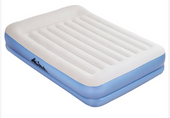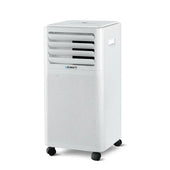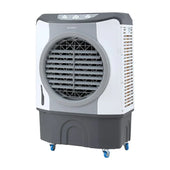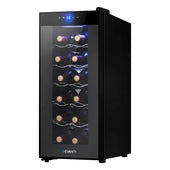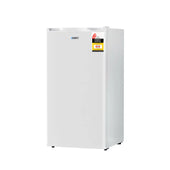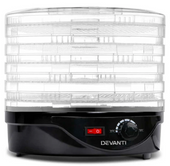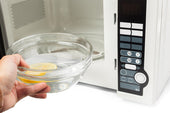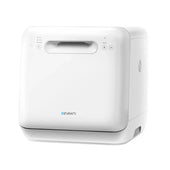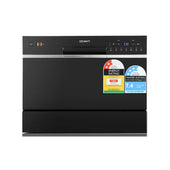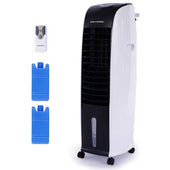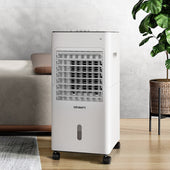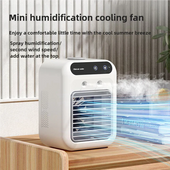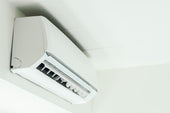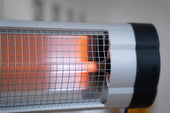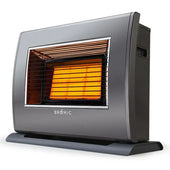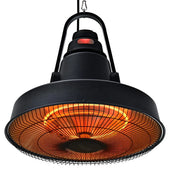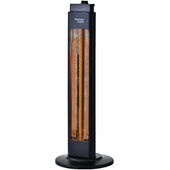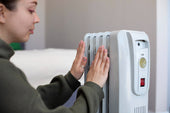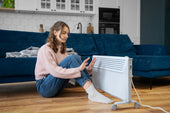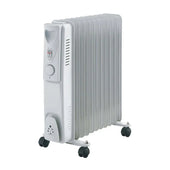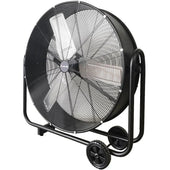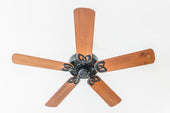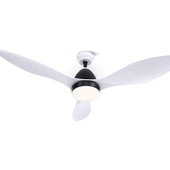Introduction: Understanding the Role of Air Conditioners in Everyday Life
Air conditioners have become indispensable in modern living, offering respite from soaring temperatures and ensuring comfort in homes, workplaces, and public spaces. By regulating indoor climates, they create environments conducive to productivity, relaxation, and better sleep. At During Days, we recognise that Beyond comfort, air conditioners also serve practical purposes such as reducing humidity, which helps to preserve furniture, electronics, and structural integrity.
Many systems are designed to filter out allergens and particles, improving air quality for those sensitive to dust or pollen. However, improper maintenance or misuse may lead to unintended health concerns. Understanding both their benefits and their potential drawbacks is essential.
The Science Behind Air Conditioning: How Do They Work?
Air conditioners operate by leveraging the principles of thermodynamics to control indoor temperature, humidity, and air quality. Their design revolves around three key components: the compressor, condenser coil, and evaporator coil.
- Compressor: It pressurises refrigerant gas, raising its temperature and preparing it for heat transfer.
- Condenser coil: Located outside, it dissipates the heat absorbed from indoor air as the pressurised refrigerant condenses into a liquid.
- Evaporator coil: Found indoors, it absorbs heat and moisture from the air as the refrigerant evaporates back into a gas.
Fans help circulate cooled air, while filters trap debris and allergens, ensuring cleaner, conditioned air indoors.
Can Air Conditioners Really Make You Sick?
Air conditioners themselves are not inherently harmful, but certain factors can contribute to health issues. Poor maintenance is a common culprit, as dirt, mould, or bacteria can accumulate within air conditioning units and become airborne. Prolonged exposure to cold, dry air may exacerbate respiratory conditions, such as asthma or sinusitis. Additionally, airborne allergens, like dust or pollen, may circulate in poorly filtered systems, triggering allergic reactions.
For office environments, "sick building syndrome" is sometimes linked to improperly ventilated air conditioning. Symptoms like headaches or fatigue arise when units fail to filter and circulate fresh air. Regular care mitigates these risks significantly.
Common Problems Linked to Air Conditioning
Air conditioning, while offering comfort, can sometimes lead to health issues. These problems often stem from improper maintenance, extended exposure, or misuse. Below are some common issues associated with air conditioning:
- Dry Skin and Eyes: Prolonged exposure to cooled air can lead to reduced humidity, causing dryness in the skin and eyes. This is especially troubling for individuals with pre-existing conditions like eczema or dry eye syndrome.
- Respiratory Irritations: Dust, mould, and bacteria may accumulate in air conditioners if filters are not cleaned regularly, potentially causing respiratory issues, including allergies or sinus infections.
- Fatigue and Headaches: Sudden temperature shifts between hot outdoor conditions and cool interiors may disrupt the body's balance, leading to fatigue or headaches.
- Reduced Air Quality: Insufficient ventilation combined with air conditioning may recirculate stale air, increasing pollutant concentration and lowering air quality indoors.
Considering these risks highlights the importance of proper care and mindful usage of air conditioning systems.
Exploring the Connection Between AC and Respiratory Issues
Air conditioners can contribute to respiratory issues, particularly when poorly maintained. Dust, mould, and bacteria tend to accumulate inside AC units, potentially contaminating the air circulated within indoor spaces. Individuals exposed to this polluted air may experience symptoms such as coughing, wheezing, or nasal congestion. Additionally, the dry environment created by air conditioning can irritate mucous membranes in the respiratory tract, leading to dryness and discomfort.
Prolonged exposure to cold air may exacerbate pre-existing conditions like asthma or allergies by triggering inflammatory responses. Regular maintenance, including filter cleaning and professional servicing, can reduce these risks significantly.
Allergens and AC Filters: A Hidden Culprit?
Air conditioning systems often house filters designed to trap dust, pollen, and other airborne particles. However, when filters are not cleaned or replaced regularly, they can become ineffective or even a source of harm. Dirty filters may accumulate allergens, such as mould spores and pet dander, which could then be redistributed into indoor spaces.
Factors like humidity levels within the AC system can create an environment for mould growth, exacerbating respiratory issues for allergy-prone individuals.
To mitigate risks, proper maintenance is essential. Routine filter inspections, timely replacements, and professional cleaning are crucial for preserving indoor air quality.
The Role of Humidity Levels in Air Conditioning and Health
Humidity plays a crucial role in maintaining indoor air quality and overall health. Air conditioning units regulate both temperature and humidity, but extreme humidity levels can cause health issues. High indoor humidity encourages mould growth and dust mite proliferation, triggering allergies and respiratory problems. On the other hand, low humidity may dry out skin, nasal passages, and eyes, increasing susceptibility to infections.
Air conditioners help maintain optimal humidity levels, generally between 30% and 50%. Consistently monitoring and adjusting humidity is essential to prevent these extremes. Using a hygrometer and ensuring regular maintenance of AC systems can effectively balance air moisture for comfort and health.
Signs Your Air Conditioner Might be Causing Health Issues
Modern air conditioning systems can improve indoor comfort, but certain signs may indicate they are impacting health negatively. Identifying these symptoms early can help address the issue effectively.
- Increase in Respiratory Issues: Complaints such as coughing, wheezing, or worsening asthma may be linked to poor air quality or mould growth in the system.
- Frequent Allergy Symptoms: Sneezing, itchy eyes, and a runny nose can arise from airborne allergens circulating due to unclean filters.
- Skin Dryness or Irritation: Prolonged exposure to cold, dry air can deplete the skin's natural moisture, leading to dryness or itchiness.
- Persistent Fatigue or Headaches: Stale air or inadequate ventilation may cause discomfort or compromise air quality, contributing to these symptoms.
- Musty Smell Indoors: Foul odours may signal mould or mildew, which can trigger allergic reactions and respiratory conditions.
Addressing these indicators promptly ensures a healthier indoor environment.
Preventing AC-Related Illness: Best Practices and Tips
To minimise the risk of illness caused by air conditioners, it is essential to adopt effective preventative measures. Here are some best practices to follow:
- Clean and Replace Filters Regularly: Ensure AC filters are cleaned or replaced every one to three months to prevent accumulation of dust, mould, and allergens.
- Maintain Optimal Temperature: Set a temperature between 22°C and 25°C to avoid excessive cooling, which may lead to respiratory discomfort.
- Ensure Proper Ventilation: Use air conditioners alongside open windows or ventilation systems to maintain fresh air circulation indoors.
- Schedule Professional Maintenance: Book annual or bi-annual maintenance checks to address performance issues and clean internal components.
- Use a Dehumidifier if Required: In humid climates, dehumidifiers can help prevent the growth of mould or mildew inside the unit.
Adhering to these practices promotes a healthier indoor environment when using air conditioners.
Dispelling Myths and Misconceptions About Air Conditioners
Several myths surround air conditioners, often leading to misunderstandings about their impact on health.
- Air Conditioners Cause Colds: Cold-like symptoms result from viruses, not air conditioners. However, prolonged exposure to poorly maintained units may irritate the respiratory system.
- Dry Air Always Harms Health: While air conditioners reduce humidity, regular maintenance and proper humidifier use can prevent dryness-related discomfort.
- ACs Are Unsafe When Sleeping: Many believe sleeping with air conditioning is harmful. Proper temperature settings, ideally between 16-20°C, make sleep more comfortable and safe.
- Only Old Units Have Allergens: All air conditioners, regardless of age, may circulate allergens if filters are not regularly cleaned.
Understanding these realities helps counter misinformation.



























































